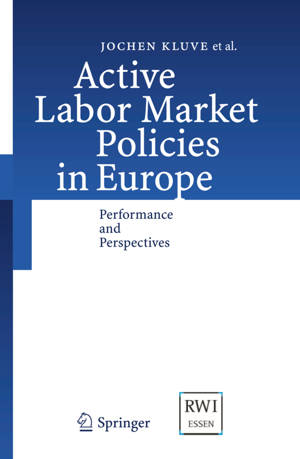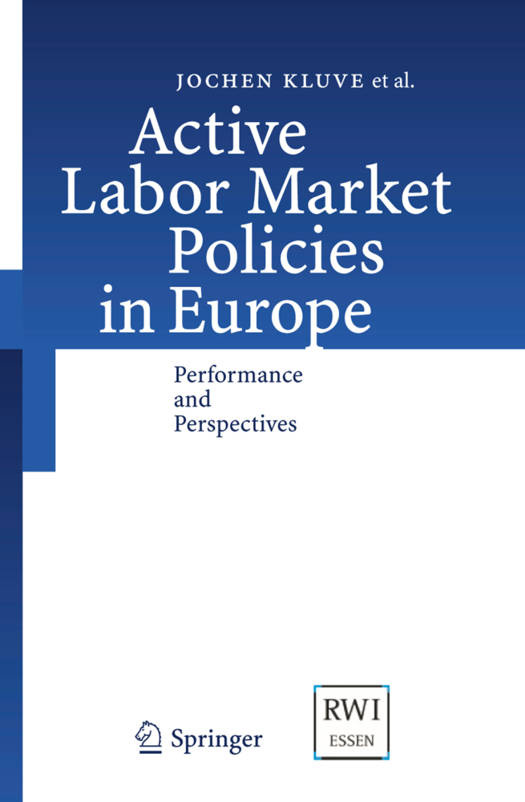
- Retrait gratuit dans votre magasin Club
- 7.000.000 titres dans notre catalogue
- Payer en toute sécurité
- Toujours un magasin près de chez vous
- Retrait gratuit dans votre magasin Club
- 7.000.0000 titres dans notre catalogue
- Payer en toute sécurité
- Toujours un magasin près de chez vous
Active Labor Market Policies in Europe
Performance and Perspectives
Jochen Kluve, David Card, Michael Fertig, Marek Góra, Lena Jacobi, Peter Jensen, Reelika Leetmaa, Leonhard Nima, Eleonora Patacchini, Sandra Schaffner, Christoph M Schmidt, Bas Van Der Klaauw, Andrea WeberDescription
Measures of Active Labor Market Policy--such as training, wage subsidies, public employment measures, and job search assistance--are widely used in European countries to combat unemployment. Little, however, is known about what each country can learn from experiences in other countries. This study provides novel insight on this important policy issue by discussing the role of the European Commission's Employment Strategy. It reviews the experiences made in European states and gives a quantitative assessment of the existing cross-country evidence.
Using an innovative meta-analytical approach, the authors find that rather than contextual factors such as labor market institutions or the business cycle, it is almost exclusively the program type that matters for program effectiveness. While direct employment programs in the public sector appear detrimental, wage subsidies and "Services and Sanctions" can be effective in increasing participants' employment probability.
Spécifications
Parties prenantes
- Auteur(s) :
- Editeur:
Contenu
- Nombre de pages :
- 222
- Langue:
- Anglais
Caractéristiques
- EAN:
- 9783642080166
- Date de parution :
- 14-10-10
- Format:
- Livre broché
- Format numérique:
- Trade paperback (VS)
- Dimensions :
- 156 mm x 234 mm
- Poids :
- 331 g

Les avis
Nous publions uniquement les avis qui respectent les conditions requises. Consultez nos conditions pour les avis.






